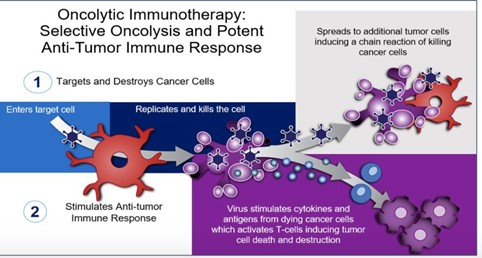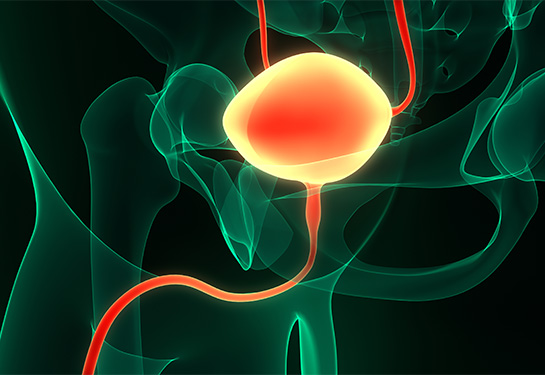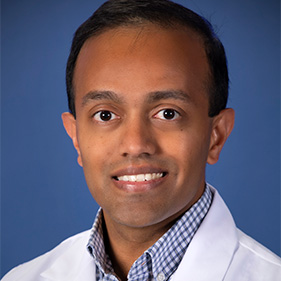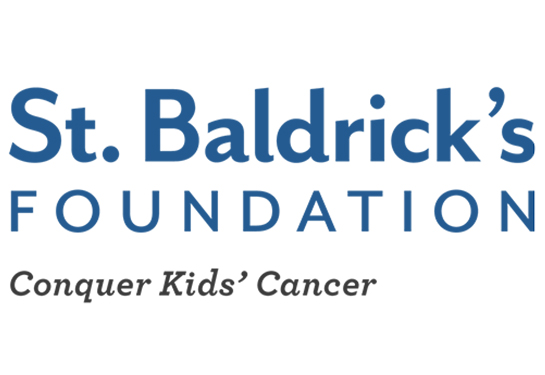UC Davis Health is first in the region to launch unique bladder cancer clinical trial
Groundbreaking study uses immunotherapy created from a specially engineered virus
UC Davis Comprehensive Cancer Center is the first in the region to offer a new groundbreaking clinical trial for bladder cancer patients. Previously, about 70% of these patients could only “watch and wait” and hope their cancer did not return.

The innovative treatment could reduce the significant stress experienced by patients who have intermediate-risk non-muscle invasive bladder cancer (IR-NMIBC) by increasing their options for treatments that preserve the bladder.
Many of these bladder cancer patients will see their cancer return, even after a transurethral resection of the bladder tumor surgery to remove cancerous cells.
Monitoring for any recurrence of cancer means patients must undergo routine cystoscopy. This involves inserting a tube into the urethra and bladder every 3-6 months to check for cancerous tumors.
Specially engineered virus trained to kill cancer cells
UC Davis is one of a handful of sites across the country trying something new for bladder cancer patients. The PIVOT-006 clinical trial will test the effectiveness of Cretostimogene Grenadenorepvec (Cretostimogene) with IR-NMIBC patients.
Cretostimogene is a laboratory-altered virus designed to target and kill cancer cells. It is unique because it can replicate within bladder cancer cells and then trigger an anti-tumor response. This means it destroys cancer cells while sparing normal, healthy cells.
“We are excited to participate in this nationwide clinical trial. The results will provide crucial data to determine if Cretostimogene can help reduce recurrence and improve survival rates for our patients with this type of bladder cancer,” said Thenappan Chandrasekar, a urologist and associate professor with the Department of Urologic Surgery. Chandrasekar is leading the PIVOT-006 clinical trial at UC Davis Health.
This could represent a major step forward in addressing the unmet medical needs of these patients. We are hopeful that this will allow us to do much more than monitor for recurrence, but actually give us a fighting chance to stop the cancer in its tracks.”—Thenappan Chandrasekar, associate professor, Department of Urologic Surgery
Clinical trial may make big strides in creating treatment alternative
In the past, a drug therapy called Bacille Calmette-Guerin that comes from a form of the tuberculosis vaccine has been used in IR-NMIBC patients to try to activate the immune system to attack the cancer. However, the live vaccine has been in short supply for many years due to stringent manufacturing requirements. This means that only a small percentage of IR-NMIBC patients can access the drug.
The Phase 3 PIVOT-006 study is a randomized trial designed to assess whether adding Cretostimogene therapy after surgery improves patient outcomes compared to surgery alone. If successful, this therapy could offer a new, more effective treatment option for patients struggling with this challenging cancer.
“This could represent a major step forward in addressing the unmet medical needs of these patients,” Chandrasekar said. “We are hopeful that this will allow us to do much more than monitor for recurrence, but actually give us a fighting chance to stop the cancer in its tracks.”
UC Davis Comprehensive Cancer Center
UC Davis Comprehensive Cancer Center is the only National Cancer Institute-designated center serving the Central Valley and inland Northern California, a region of more than 6 million people. Its specialists provide compassionate, comprehensive care for more than 100,000 adults and children every year and access to more than 200 active clinical trials at any given time. Its innovative research program engages more than 240 scientists at UC Davis who work collaboratively to advance discovery of new tools to diagnose and treat cancer. Patients have access to leading-edge care, including immunotherapy and other targeted treatments. Its Office of Community Outreach and Engagement addresses disparities in cancer outcomes across diverse populations, and the cancer center provides comprehensive education and workforce development programs for the next generation of clinicians and scientists. For more information, visit cancer.ucdavis.edu.





